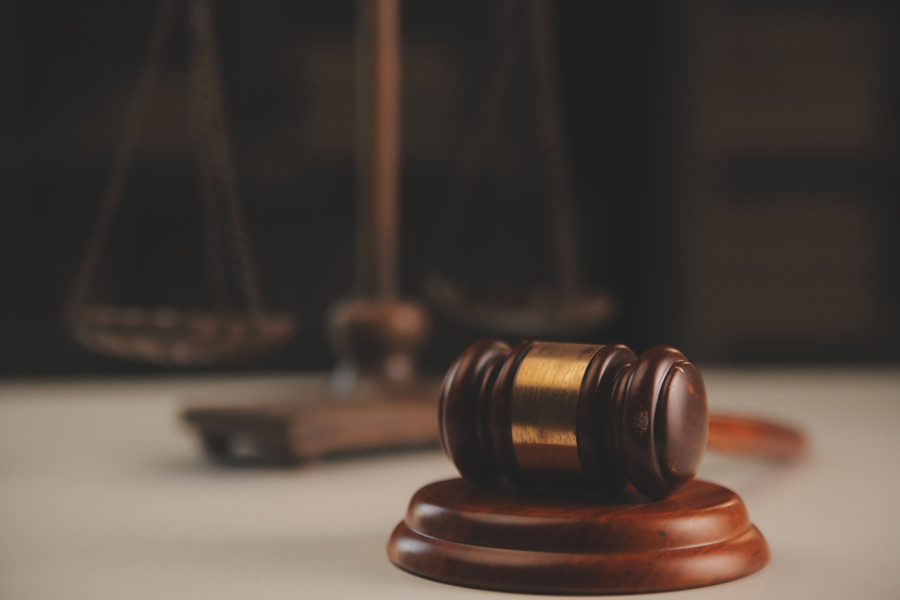The Dadri lynching stands out as a festering abscess on India’s secular countenance. Ten years ago, cow vigilantes, responding to a call from a nearby temple, had lynched Mohammad Akhlaque and severely injured his son on suspicion that cow/buffalo meat had been stored in their refrigerator. Subsequent investigations revealed that the charge was entirely false. Soon, other parts of India would be mute witnesses to the blood drawn by cow vigilantes. Tellingly, the road to justice for the victims in the Dadri case has been littered with obstacles. Among the 19 people chargesheeted, the son of a local leader of the Bharatiya Janata Party and his cousin were identified as the principal conspirators; but the accused received bail only two years after the murder of Akhlaque. Now, Yogi Adityanath’s government in Uttar Pradesh plans to do something equally egregious: it has applied in court to drop all charges against the accused even as the process of submission of evidence is underway. The government’s rationale ironically exposes its unwillingness to pursue justice. Alleged inconsistencies in the statements of witnesses, the government argues, have forced it to move this contentious application. Strikingly, some of the witnesses have alleged that the lack of security had prevented them from deposing in court on several occasions. In other words, the integrity of the litigatory process itself appears to have been compromised — willfully.
This is not the only instance of the State seemingly colluding with the perpetrators of communal violence. Last year, in a scathing statement, the Supreme Court had been critical of the Gujarat government, which had pushed for the early remission of 11 men who had been convicted of the gang-rape of Bilkis Bano and the murder of her family members and sentenced to life imprisonment. The dubious aim in both instances appears to be the same: the derailment of justice for victims — two Muslim families — of orchestrated violence. There is a coded message in all this: the principle of fairness would, it suggests chillingly, be applied selectively and on religious grounds in New India. If this does come to fruition, it would be disastrous for the rule of law. This kind of purported injustice would further strengthen majoritarianism’s grip on the republic. The nation’s custodians of justice and, most importantly, citizens must rise to the occasion and ensure that justice does not elude those who need it.










